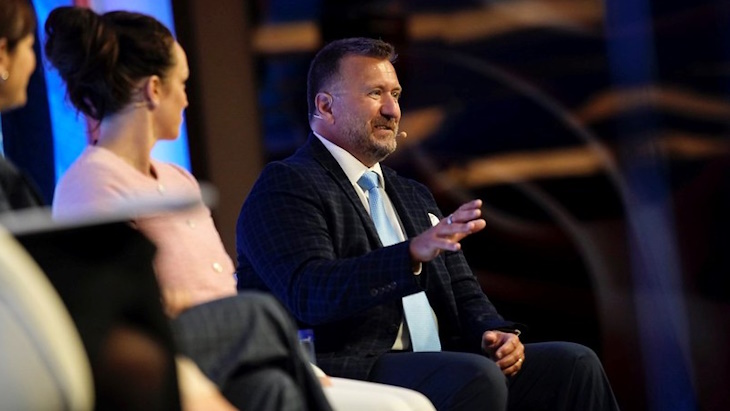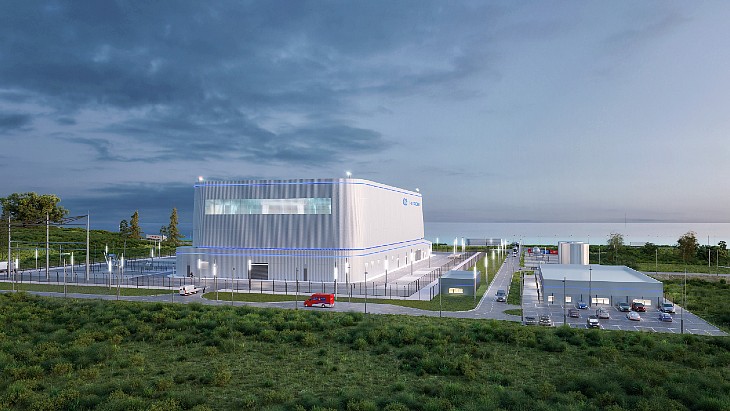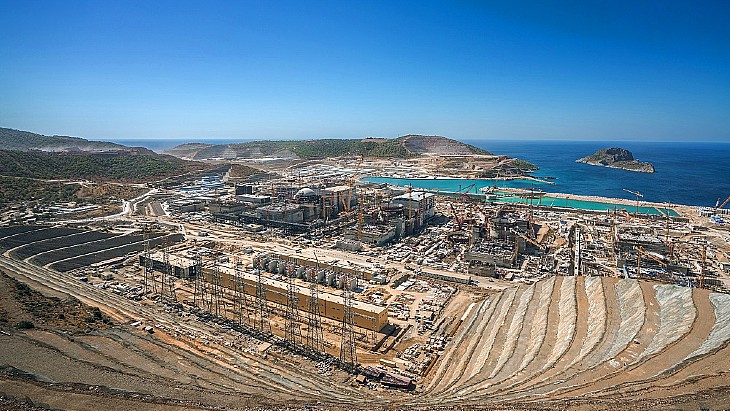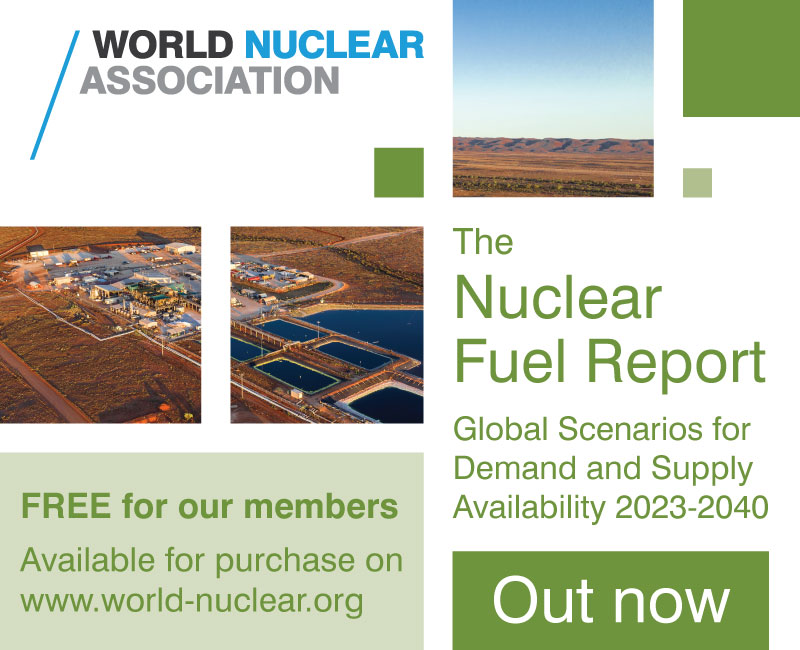ASE boosts Belene claim
Russian reactor builder AtomStroyExport (ASE) has increased its claim against Bulgaria's National Electricity Company (NEK) to €1.0 billion ($1.3 billion) following the Bulgarian government's decision to scrap the Belene plant project.
ASE took NEK to court in July 2011 over the non-payment of €58 million ($74 million) related to work on the proposed Belene plant, which the Russian supplier said had been certified by both parties as complete. ASE said it was required by Russian law to properly collect export earnings and file appropriate tax returns, that the case "should in no way be construed as a measure to pressure the customer in order to accelerate decision-making" and that it respects NEK's desire to carefully consider the project to build two large reactors at Belene. Nevertheless, contracts worth billions had already been signed ahead of finance deals that would have supported them. Case documents were filed at the International Court of Arbitration of the International Chamber of Commerce in Paris.
In October 2011, NEK submitted a counterclaim against ASE to the Arbiration Court of Geneva, seeking to recover €61 million ($78 million) from the Russian supplier.
ASE has now increased its claim to €1.0 billion ($1.3 billion) to take into account the work it had already done towards the construction of the Belene plant before the project was cancelled. "The increase in the claims was stipulated by the fact that the project was prematurely terminated by the Bulgarian government, the terms of the agreement dated 29 November 2006 expired, and NEK continues to refuse to compensate AtomStroyExport for its expenses and losses," the company said. "In this context, AtomStroyExport's claim includes the cost of all work performed on the project, the cost of equipment with long manufacturing cycles, losses and more."
ASE said that between 2008 and 2010 it placed several orders with Russian companies for the supply of various components with long manufacturing times. In particular, Russian suppliers had completed the production of the reactor vessel and internals, as well as the steam generators and other major nuclear power plant components. Much of this equipment is now just sitting in warehouses as NEK failed to take delivery of it. In addition, ASE said that it had carried out design work for the local production of other long manufacturing cycle components, including the core catcher, refuelling machines and turbines. The company claims that, in addition to advances from NEK, it used its own funds for this work.
The Russian company said that it had fully prepared the Belene site for construction of the nuclear plant to start. This work included all the necessary engineering and geological surveying and excavation work, and creating the necessary engineering and civil infrastructure.
ASE was selected to build the first of two 1060 MWe AES-92 pressurized water reactor units at Belene in 2005. Preliminary site works began in 2008, and contracts for components including large forgings and instrumentation and control systems were signed with suppliers, but the project was stymied by financing problems. Germany's RWE Power, which was to have been a 49% strategic investor in the project, withdrew in 2009. The same year, a newly elected Bulgarian government decided that it would not take the full 51% stake, through NEK, originally envisaged.
In March 2012, as an already extended construction agreement between ASE and NEK was due to expire, the Bulgarian government decided to scrap the plan to construct the Belene plant. Instead, Bulgaria wants the Russian-supplied reactor that was to have been installed at Belene to become the seventh unit at the existing Kozloduy site.
Researched and written
by World Nuclear News
_49833.jpg)












